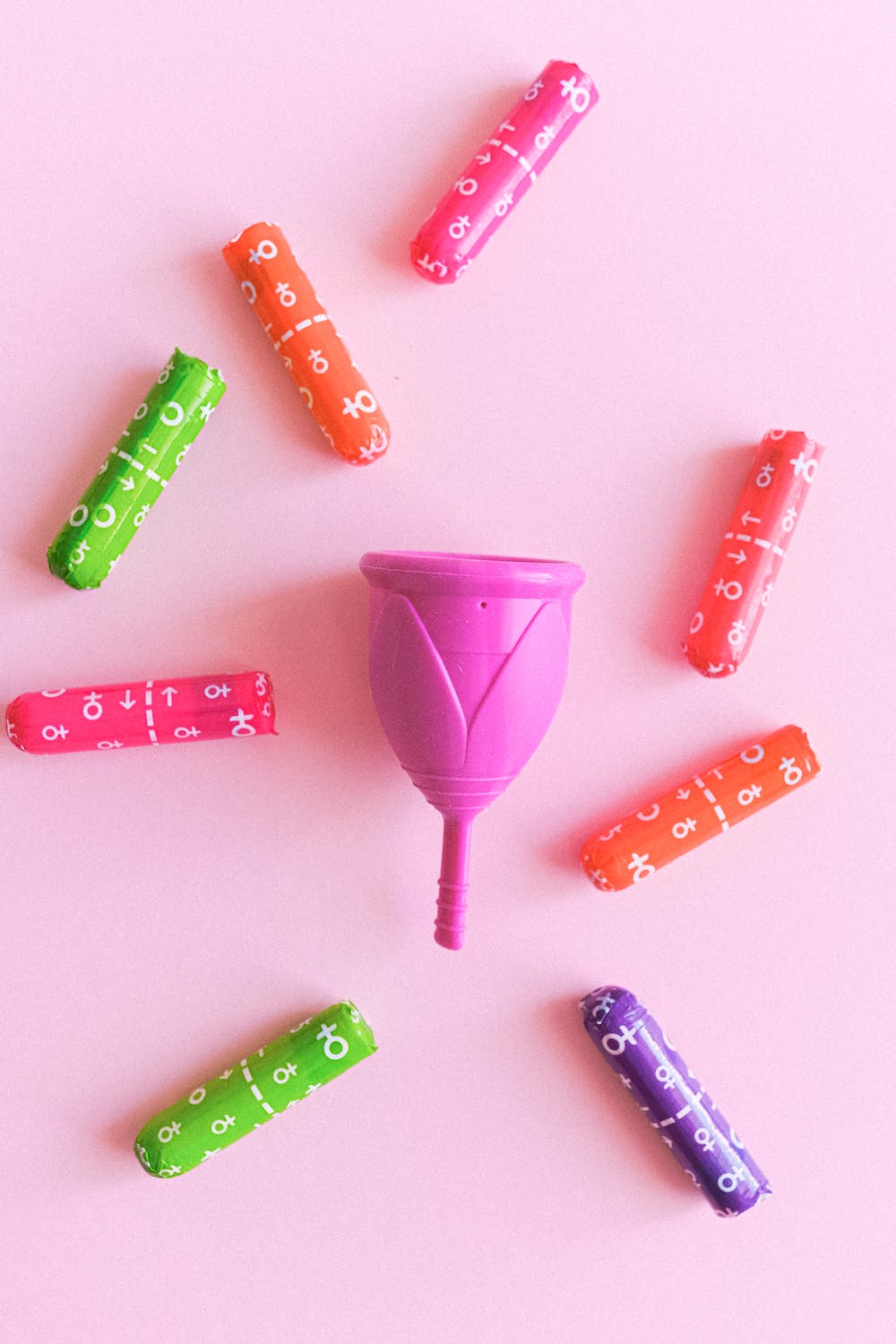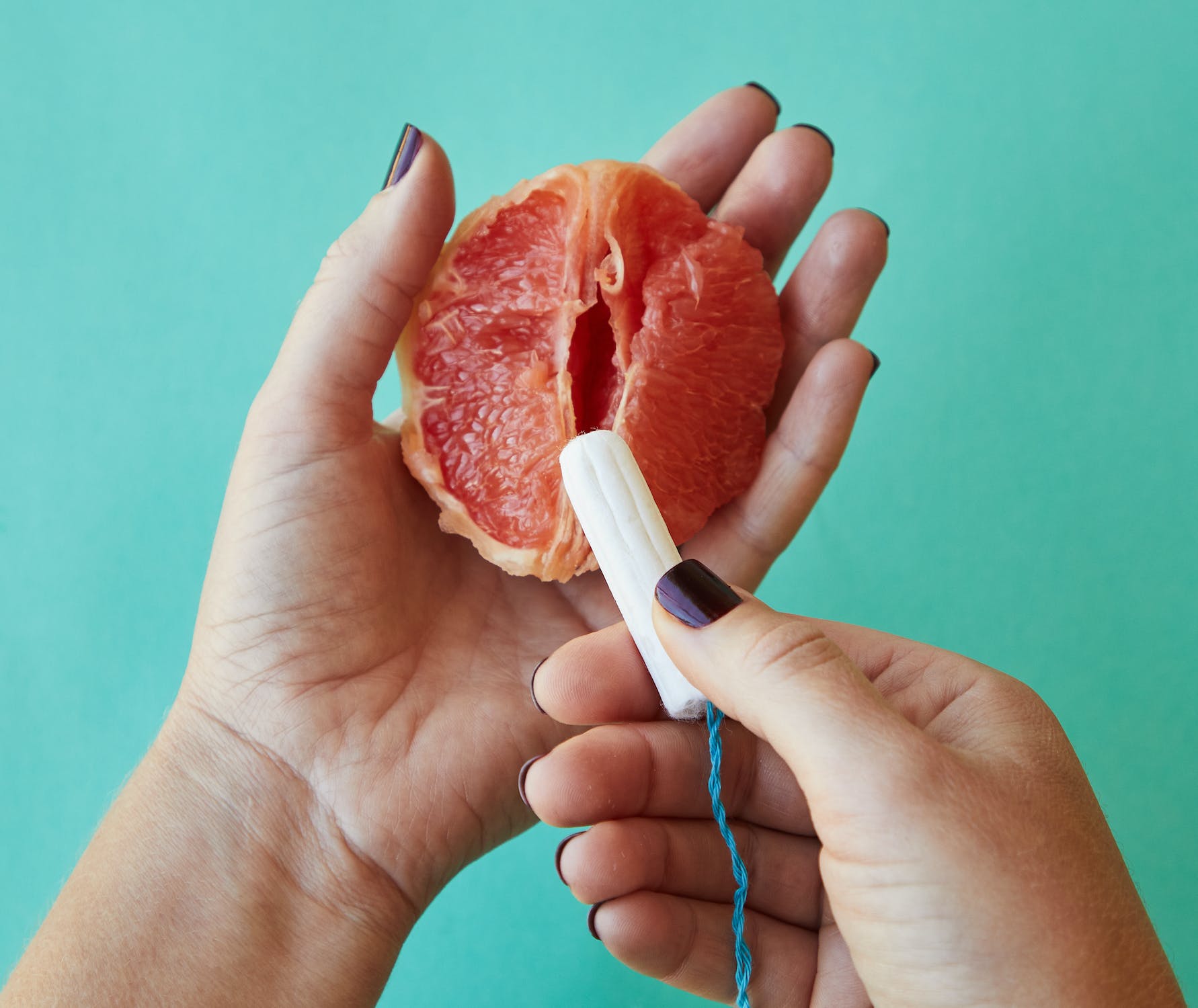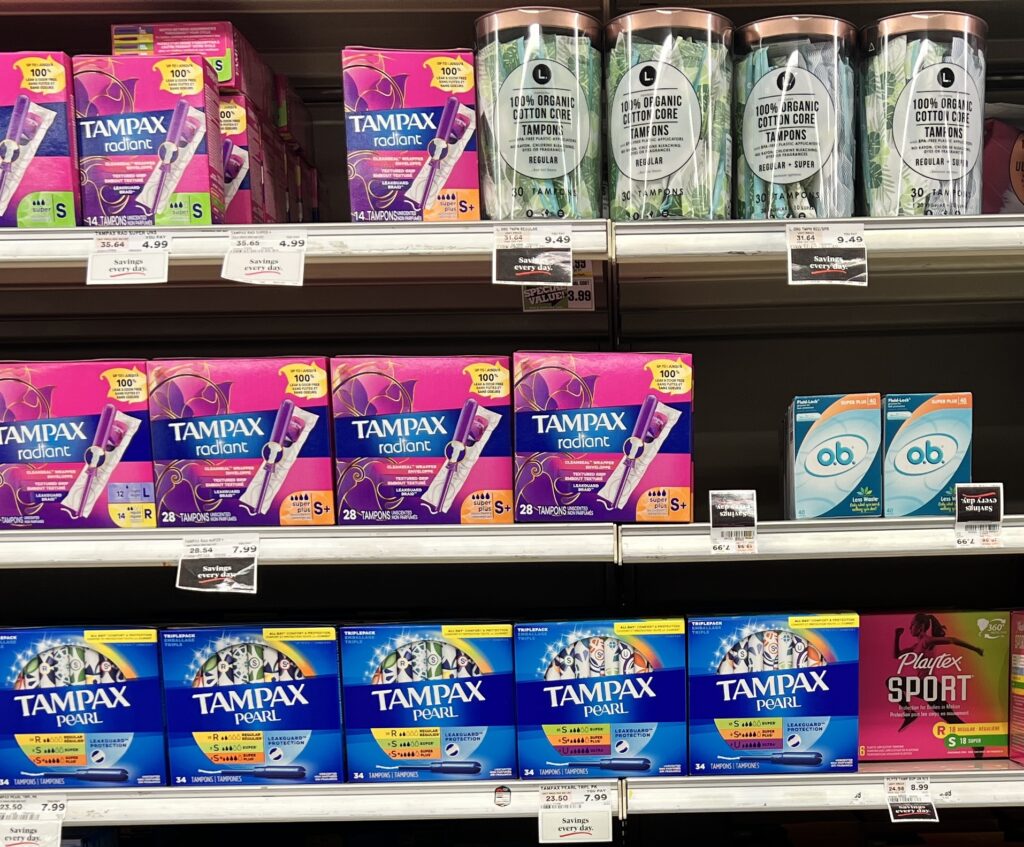(HACKENSACK, N.J.) – Get ready to dive into the world of menstruation as we break the silence and debunk some long-standing myths. It doesn’t matter if you have had your period for years or are a newbie — there is always something new to learn.
Women worldwide have long obsessed over sanitary products for menstruation. With countless options available — from tampons and pads to menstrual cups and period pants — it’s easy to see why. However, some cultures don’t even believe in tampons because they’re linked to loss of virginity, while science shows that some products contain harmful chemicals that disrupt your hormones and lead to infections.
That’s why paying attention to ingredients in feminine hygiene products is crucial. Regular tampons contain toxic chemicals like carbon disulfide, rayon, toluene, xylene, methylene chloride, pesticide residue, parabens, titanium dioxide, and chloroform. While many women are unaware of these harmful ingredients and their potential risks, others are switching to tampons that claim to be 100 percent organic. Such claims make these products easier to trust. Top organic tampon brands in the U.S. include Cora organic applicators, L. organic cotton tampons, Rael tampons, Seventh Generation organic cotton tampons, and Lola organic unscented tampons. These brands boast several benefits, such as being made without pesticides, dioxins, rayon, dyes, and chlorine. They are also fragrance-free, easy to open, and have a grip to help with insertion.

Easy insertion menstruation products [credit: Anna Shvets / pexels.com]
Many of these menstrual product companies are being sued because there are no ingredients on the box, according to multiple complaints filed. The lack of transparency about what’s inside makes women feel as though these companies are mislabeling their products. According to the nontoxic certification program Made Safe, “shoppers [are] in the dark in regards to harmful chemicals that are in period products.” Below are a few companies that are getting sued.
L. organic cotton tampon brand is being sued by the Northern District of Illinois Eastern Division, according to court documents filed on February 24, 2023. The lawsuit’s complaint explains that the organic brand contains non-organic ingredients and that the brand is mislabeling its products. The brand actually contains polyester, glycerin, paraffin, and titanium dioxide, according to the same complaint.
A class-action lawsuit filed on May 25, 2022, alleged that the period-proof underwear made by the company Thinx included potentially toxic ingredients, such as per- and poly-fluoroalkyl substances, which can cause altered immune and thyroid function, liver disease, kidney disease, decreased fertility, and cancer. Thinx denied the accusations in a settlement but paid out five million dollars to customers. These chemicals may not have been purposefully added to the product but could have been accidentally introduced through the supply chain.
Canadian company Knix Wear was sued on April 4, 2022, because of mislabeling and other unlawful actions on its menstrual underwear products. Some of these menstrual products contain per- and polyfluorinated substances (PFAS), which are hydrophobic, meaning they repel water. According to the nonprofit environmental watchdog Environmental Working Group, “some customers have developed physical symptoms including irregular menstrual cycles, urinary tract infections, yeast infections, thyroid issues, and unexplained infertility because of PFAS.” Since this product was potentially added, it was hard to say if the allegations were true.
For a 2022 report, Mamavation, which investigates products and food, tested 46 sanitary pads, panty liners, tampons, and incontinence pads and found that 48% have fluorine in them. Fluorine is a “forever chemical”, which means that it doesn’t break down in the environment, and such chemicals have been linked to cancer and birth defects. Non-profit children’s health advocacy organization Children’s Self Defense published an article that explains that many products are unintentionally contaminated with per- and poly-fluoroalkyl. Below are some brands that Children’s Self Defense found had detectable fluorine:
- Always No Feel Protection Thin Liners — 21 parts per million (ppm)
- Always Discreet 360 Form Fit Maximum Underwear — 15 ppm
- Always Anti-Bunch Xtra Protection Liners — 15 ppm
- Amazon Basics Daily Pantiliners Long Length — 12 ppm
- Attn: Grace Absorbency Liners — 19 ppm
- Equate (Walmart) Options Liners — 21 ppm
It’s essential to do your research, demand transparency, and hold companies accountable to ensure safe, stylish, and sustainable menstrual products.

Tampon insertion [credit: Laker / pexels.com]


